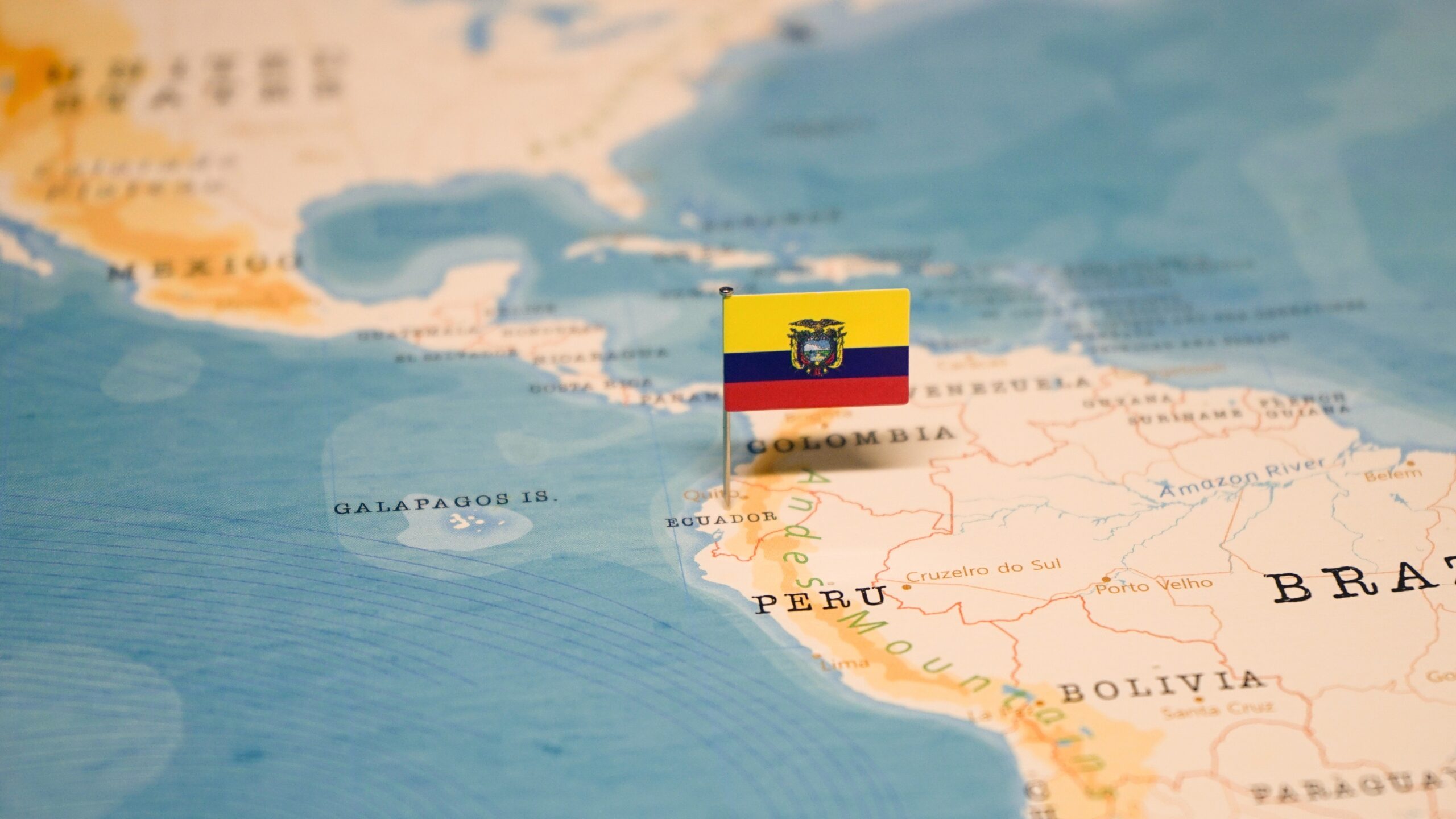Gunmen Attack Ecuador TV Studio While On-Air

On Tuesday afternoon, an audacious display of violence that shook Ecuador saw a gang of armed criminals storm a live television broadcast in Guayaquil, holding staff hostage and sending shockwaves across the nation. This alarming incident underscores the escalating tensions in Ecuador, as President Daniel Noboa grapples with rampant gang violence and criminal activities that threaten the country’s stability.
On a seemingly ordinary day at TC Television studio, the broadcast was violently interrupted when masked gunmen barged in. Viewers across Ecuador witnessed the harrowing scene unfold live as the assailants brandished weapons and explosives, terrorizing both the studio and the nation. National Police Commander César Zapata confirmed the arrest of 13 perpetrators, referring to the assault as an act of terrorism.
This event is not isolated but part of a broader crisis gripping Ecuador. President Noboa, who took office in November, faces a daunting challenge. His administration has declared 22 gangs as terrorist organizations and instituted a state of emergency, allowing for military intervention and a nationwide curfew. The urgency of these measures reflects the severity of the situation, especially following the escape of notorious gang leader Adolfo Macías, alias “Fito.”
The government’s response, while firm, raises concerns about civil liberties and the effectiveness of military involvement in domestic issues. Noboa’s decree to classify drug trafficking gangs as terrorist groups and authorize military action within the bounds of international humanitarian law is a bold move. However, it also signifies the administration’s recognition of the dire need for decisive action against the escalating violence.
The attack on TC Television is a grim reminder of the challenges Ecuador faces. The assailants’ blatant disregard for human life and the rule of law during the live broadcast is a wake-up call for both the government and the public. The incident has disrupted the lives of those directly affected and sent a chilling message to the entire nation.
Ecuador, strategically located between Peru and Colombia – the world’s largest cocaine producers – has become a critical transit point for drugs. This has led to an increase in violence as gangs vie for control of smuggling routes. The government’s struggle against these criminal elements is further complicated by the gangs’ connections to international cartels, making this not just a national issue but one of regional and global concern.
In response to this growing crisis, President Noboa’s administration has taken a hardline stance. Still, questions remain about the long-term effectiveness of these measures. While the immediate goal is to restore order and ensure public safety, there is also a need for sustainable solutions that address the root causes of the violence and criminal activities.
























